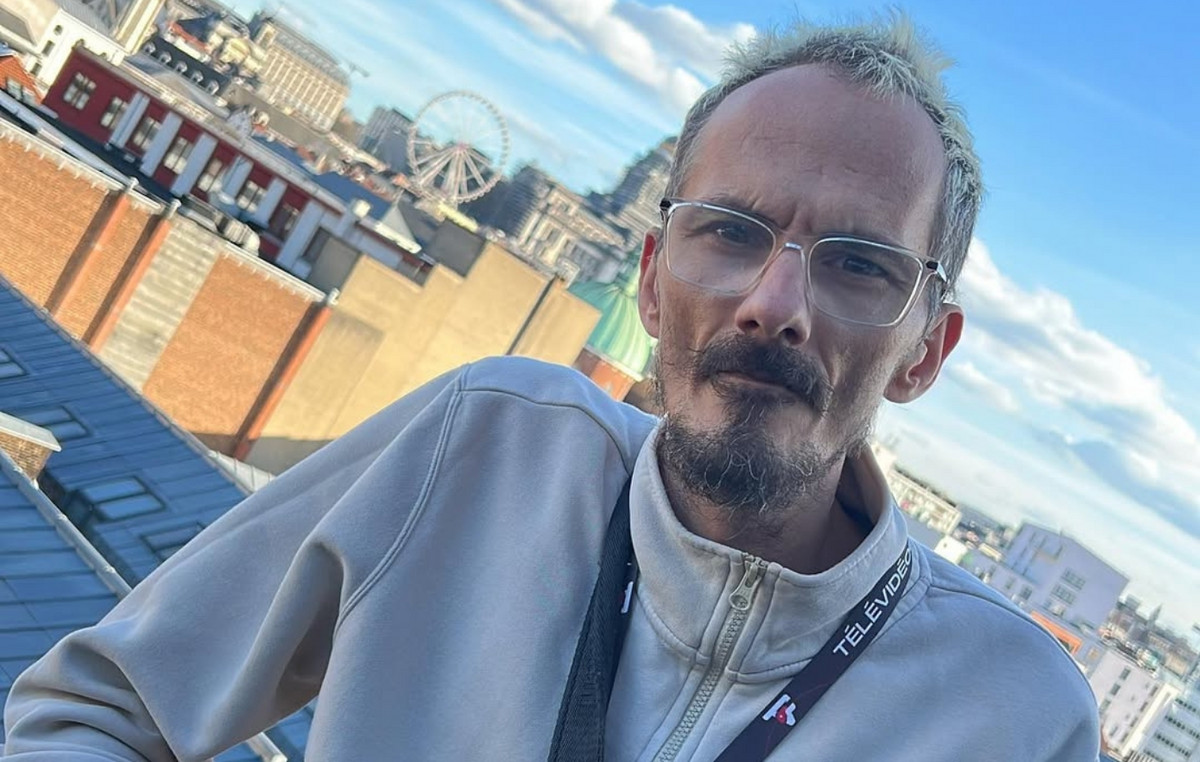Vapes, pods, heated tobacco, electronic cigarettes, are the names of a wide range of products that experts call electronic smoking devices. All of them have been banned in Brazil since 2009 by Anvisa, the National Health Surveillance Agency. Even with the ban on purchase, sale, consumption and advertising in Brazil, these products are easily found on the country's streets and the numbers reflect this reality.
An Ipec survey shows that last year, 2.9 million Brazilians consumed electronic cigarettes. In 2018, when the research began, there were around 500 thousand consumers.
The increase in consumption led Anvisa to review the ban by opening a public consultation on the Agency's website, where civil society can send suggestions, opinions and arguments about the consumption of electronic cigarettes. They are regulated in around 80 countries.
In countries where consumption, commerce and advertising are regulated, health authorities and governments argue that these devices can serve as a harm reduction policy, helping those who want to quit smoking.
“So we know that you have a population where a lot of people may be dying from smoking-related diseases, and that raises the question: Are we allowing cigarettes to essentially remain on the market, even though they are products that kill one in every two people who use them? regularly use as one of the leading causes of preventable death, disease and health inequalities around the world… so we know that some people who smoke find it useful to have e-cigarettes at their disposal so they can switch to a less harmful alternative”, comments Jamie Hartmann -Boyce, professor of Health Policy and Management at the University of Massachusetts Amherst.
At the end of last year, the European parliament recognized that electronic smoking devices work as a form of harm reduction for those who consume conventional cigarettes.
Parliament's decisions provide guidelines for each country in the bloc to establish domestic rules. “Still, Parliament will have a new law soon, in 2026, they will examine the tobacco directive and hopefully there will be more harm reduction, so each country can work on the issue. And this is the process we are in. And I think it's going in the right direction because the EU has a target of being smoke-free by 2040”, says Johan Nissinen, European parliamentarian.
In the United States, for example, the consumption of electronic cigarettes is controlled by the FDA, the American Medicines Agency. Manufacturers submit every new product to the Agency before placing it on the market.
Since 2016, when the regulation came into effect, 23 electronic devices have been allowed in the country. “And the company must demonstrate to FDA scientists that, according to the Agency's statute, commercialization of this new product would be appropriate to protect public health. And that's where the balance between benefits and risks comes in, because our law makes it clear that the onus is on the company to demonstrate to the regulator that the benefits for adults, for example, are much greater than the risks for children who start or use a product,” explains Mitch Zeller, former director of the FDA’s Tobacco Center.
In a note to CNN about the Anvisa process, the Ministry of Health stated that it “remains committed to adopting measures that promote a healthier and safer environment for everyone, expressing support for maintaining the prohibitions established by Anvisa, as well as improving regulations and the implementation of educational, awareness and inspection actions, aiming to protect the health of the Brazilian population, especially young people.”
Source: CNN Brasil
I’m James Harper, a highly experienced and accomplished news writer for World Stock Market. I have been writing in the Politics section of the website for over five years, providing readers with up-to-date and insightful information about current events in politics. My work is widely read and respected by many industry professionals as well as laymen.







